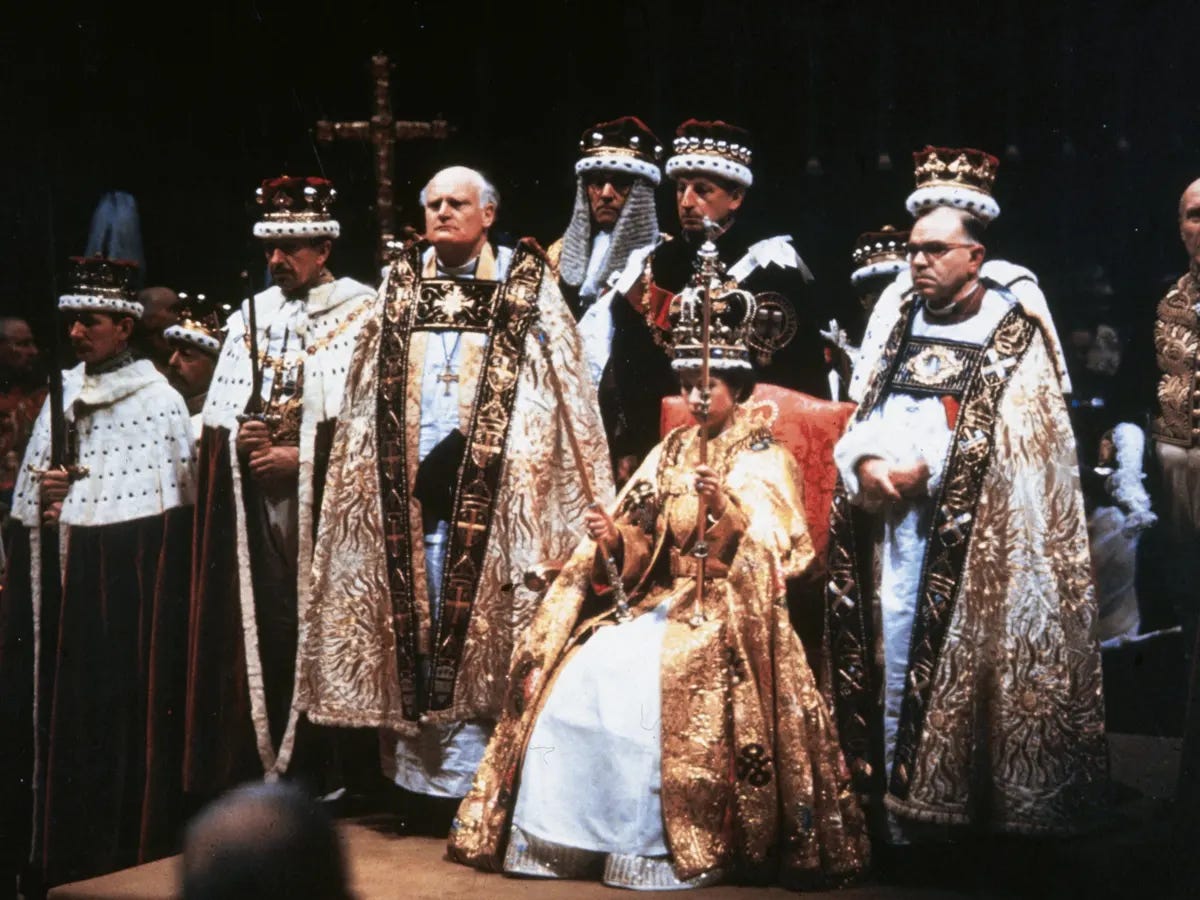Her Majesty's Cultural Christianity
It's a paradox
Queen Elizabeth II was, by nearly all accounts, a devout Christian. As the figurehead of the Church of England, she symbolized one of the world’s last remaining true marriages between Christianity and the state. The queen was an avatar of Christian Britain in the world, and her private and public confession of faith in Christ gave the gospel a global an…



